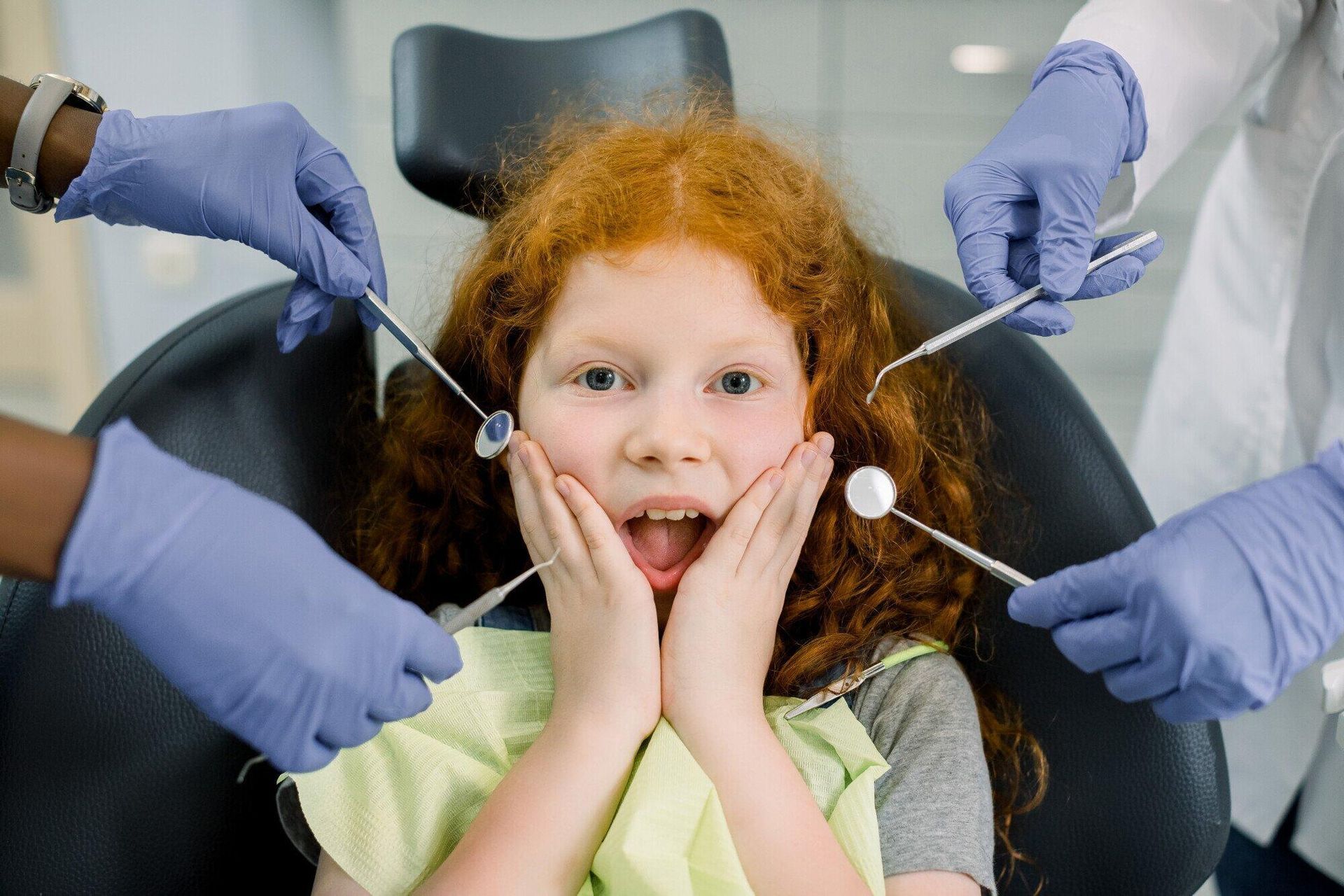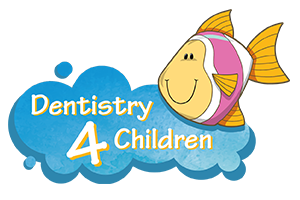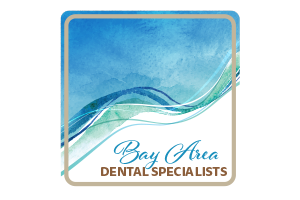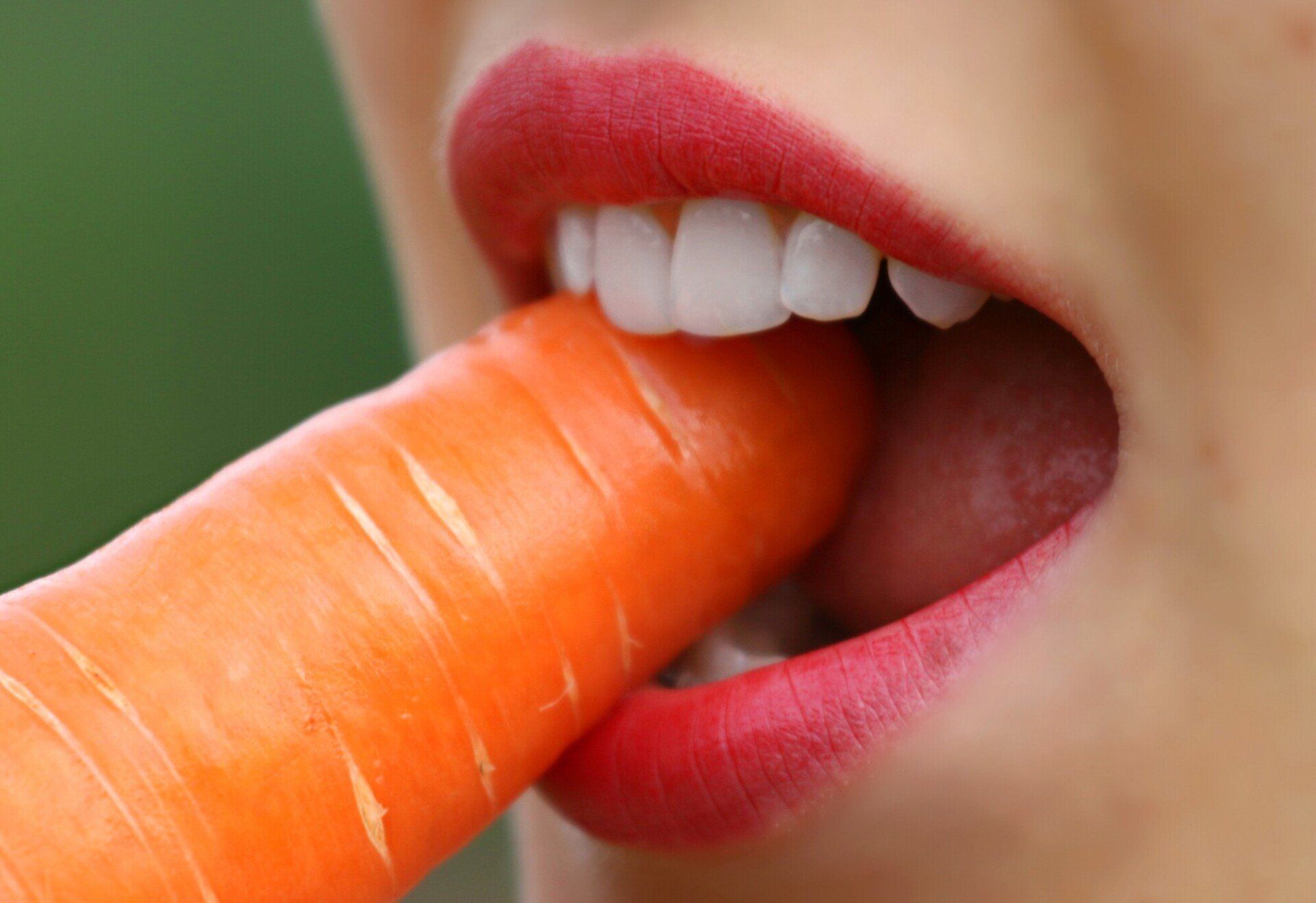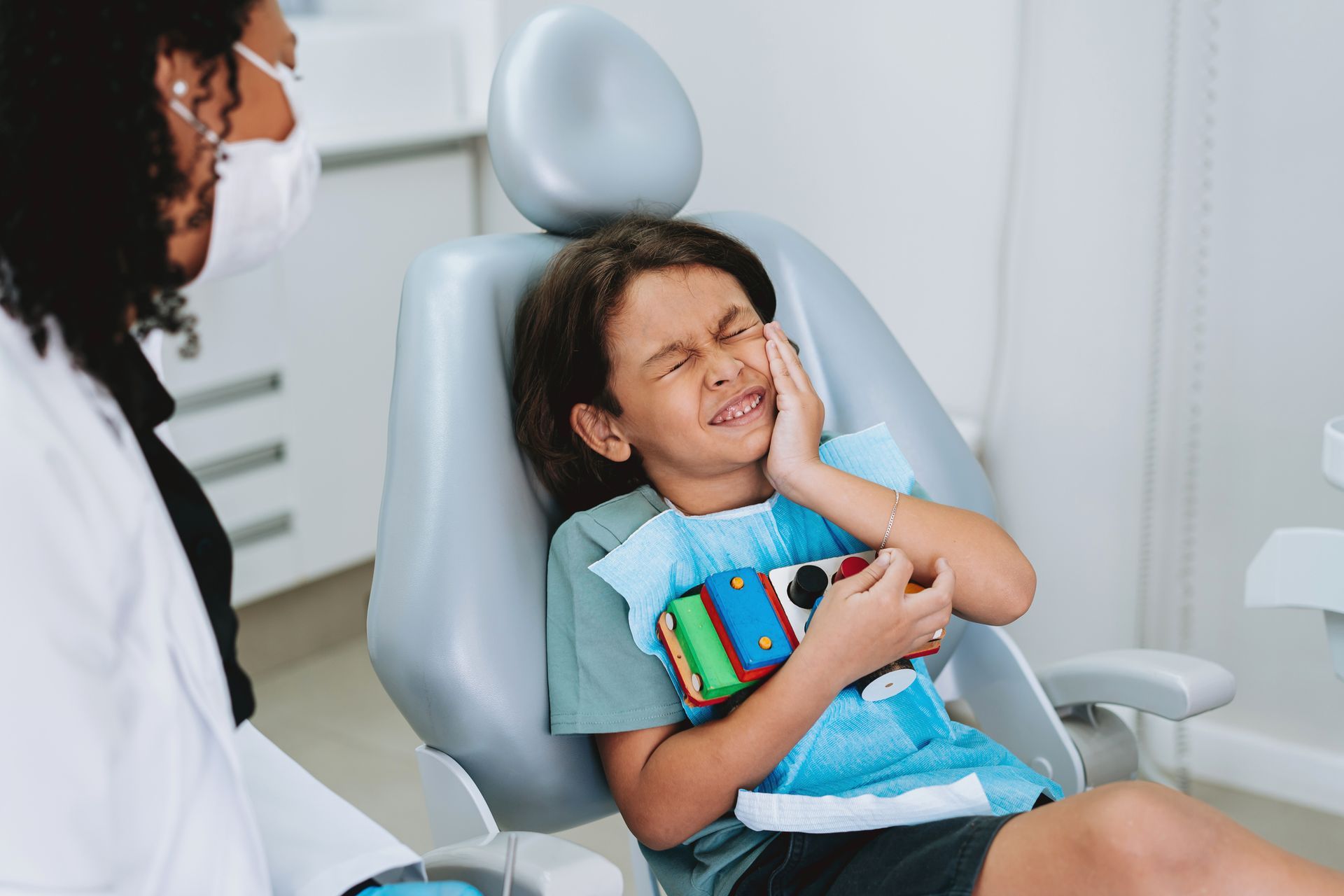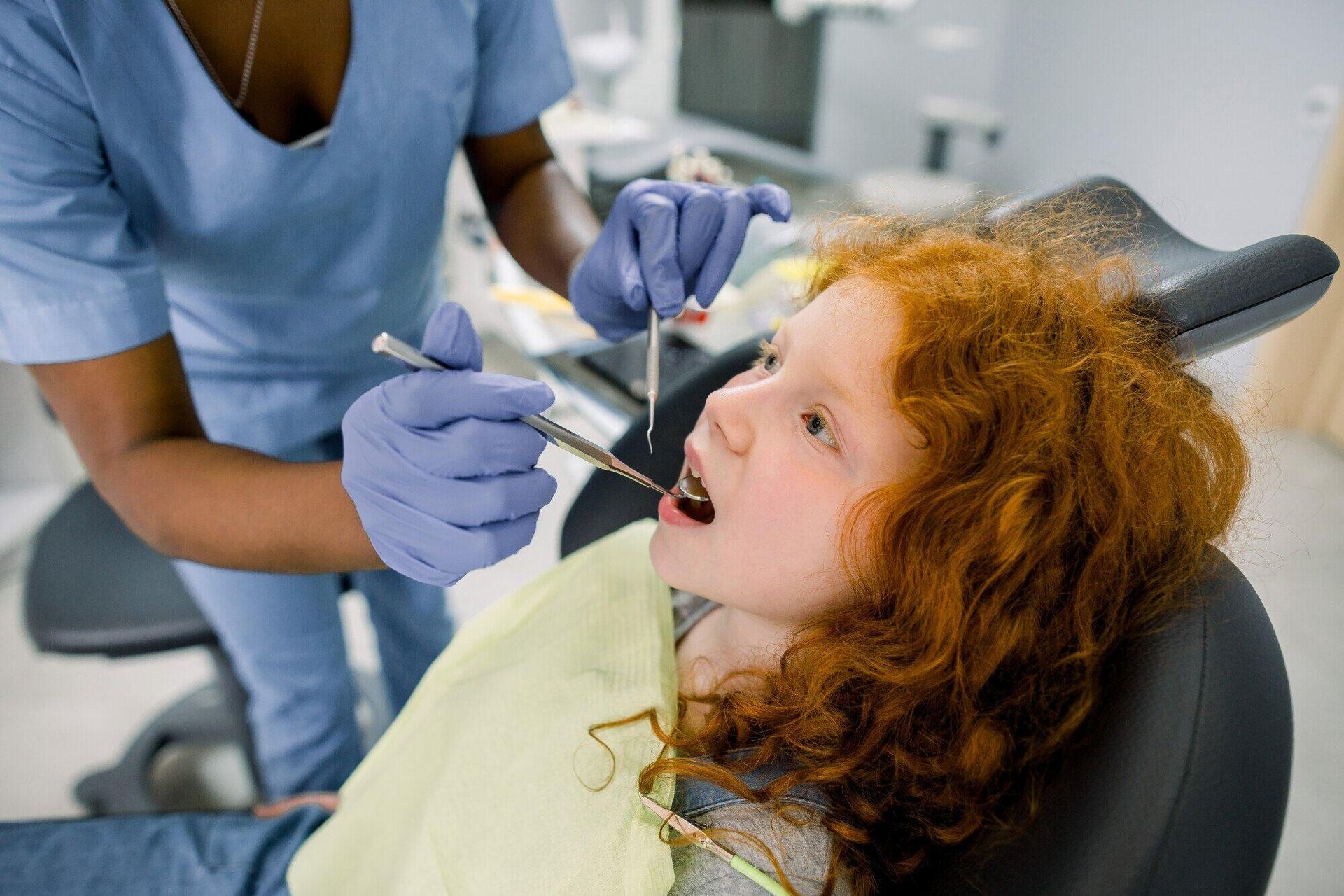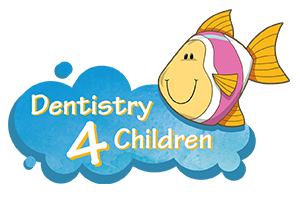How Do I Get Rid Of Bad Breath?
Are you dealing with bad breath that doesn't seem to go away? Here is some advice from a dentist in Friendswood, TX on how to get rid of bad breath.
Bad breath can stress you out and make you incredibly self-conscious. Media tends to address the effects of bad breath on the people around you when really it's a terrible experience for the person with the bad breath.
Not only does it make you second guess your interactions with everyone, but it can also indicate an underlying disease.
Today, I, your friendly neighborhood dentist in Friendswood, TX am going to outline several ways for you to manage and treat your bad breath. By the end of this article, you'll have the knowledge you need to identify the source of your bad breath and the various treatment options available to you.
Let us begin with the basics!
1. Practice Good Oral Hygiene
The bacteria inside your mouth tend to produce compounds of sulfur that contribute to bad breath and foul odor. Regularly brushing your teeth with a fluoride-based toothpaste helps prevent the buildup of this bacteria by ridding your mouth of food remnants and particles.
Make sure to brush your teeth every day, at least twice a day. Ideally, you want to brush your teeth in the morning, after breakfast, and at night after dinner.
If you're someone who does not regularly clean their tongue, this is likely contributing to your bad breath. You may benefit from brushing your tongue or using a tongue scraper to eliminate the build-up of bacteria. Regular use of a tongue cleaning device will help you get rid of the white coating, built up over time.
Finally, it is recommended that you floss your teeth at least once a day to remove that hard-to-reach debris and plaque between your teeth. Alternatively, if you are unable to do this every day, try and practice flossing at least twice a week.
2. Visit Your Dentist for a Routine Checkup
Tooth cavities, dead teeth, and gum disease can sometimes hide in plain sight. However, they do contribute to bad breath. If you're someone who hasn't had success with eliminating bad breath despite having a consistently good oral hygiene routine, this could be worth investigating.
Make it a point to visit your dentist at least once in six months for a routine checkup or cleaning. Not only will this ensure that your teeth get a thorough cleaning, but your dentist will also be able to identify diseases (if any) during their earlier stages. Alternatively, your dentist will also be able to rule out oral hygiene or dental issues as a cause for your bad breath.
You can then look towards lifestyle habits or consult a general physician to address other potential causes. These could include diabetes, kidney failure, liver failure, intestinal blockage or gastroesophageal reflux disease (GERD).
3. Say No to Smoking
Smoking tends to leave behind chemical compounds in your mouth. These compounds combine with your saliva to create a stale, unpleasant smell. Tobacco can also be a cause of mouth dryness, which in turn contributes to bad breath.
Further, as a habit, smoking is also associated with a host of gum and mouth diseases and the overall deterioration of your oral well-being. Consider cutting down or giving up on smoking to enjoy fresher breath.
For many of us, this is easier said than done, however, here are a few tips to help you quit smoking:
Look into nicotine replacement therapy
Identify your triggers and take steps to avoid them
Chew on sugarless gum when the urge to smoke strikes
Take up a physical activity
Find healthier ways to cope with and manage stress
Remind yourself of all the benefits of quitting this habit
If you still find yourself unable to quit, don't be afraid to talk to a mental health professional who specializes in treating addictions.
4. Stay Hydrated Throughout the Day
A dry mouth is primed for bad breath. Make sure to keep your body hydrated by consuming at least eight glasses of water a day. Drinking water will help flush down those particles of food in your mouth and reduce bacterial compounds.
If you notice a dry mouth problem due to a lack of saliva, this can be remedied by certain OTC medications. However, be sure to talk to your dentist about a more long-term remedy.
5. Eat the Right Foods
Finally, pay attention to your diet. Incorporate healthy snacks like carrots, celery sticks, apples, cucumbers, and other crunchy veggies into your meals or consume them during the day when you crave a snack. Not only are these more nutritious than those high-sodium, deep-fried snacks, but they also increase the flow of saliva in your mouth. Salty snacks and high sugar foods tend to be bacteria magnets. Swapping them out for crispy veggies and fruits is a great way to improve your breath and eliminate bad odors in the long run.
Dental Hygiene Done Right: Talk to a Qualified Dentist in Friendswood, TX
Bad breath can take a toll on you, especially when nothing seems to work. Make sure to practice good oral hygiene, incorporate more veggies into your diet, keep yourself hydrated and address your smoking habits to improve your breath.
More importantly, don't forget to schedule a routine checkup with your dentist in Friendswood, TX. Fill out this form, give us a call at (281) 336-8915 or send us an email at d4cinfo@comcast.net to make an appointment with our qualified dental experts. We offer a wide range of services designed to help you and your family maintain your teeth and enjoy excellent oral health throughout the years!


